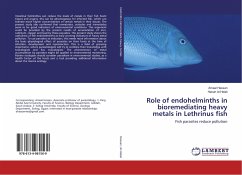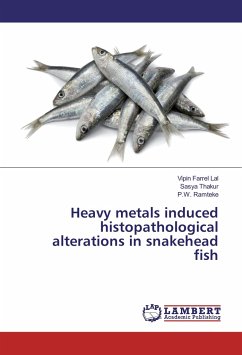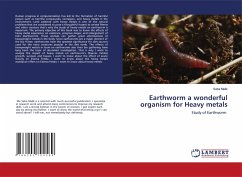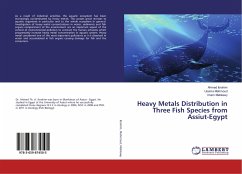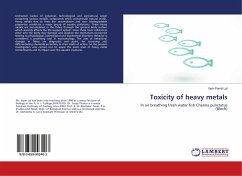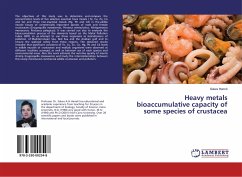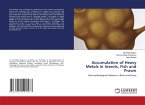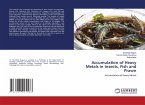Intestinal helminthes can reduce the levels of metals in their fish hosts' tissues and organs, this can be advantageous for infected fish, which can tolerate much higher concentrations of certain metals in their tissues. The present study also confirmed that nematodes, cestodes and trematodes seem to be good indicators of environmental conditions. This argument could be provided by the present results of accumulation of iron, cadmium, copper and lead by these parasites. The present study shows the usefulness of fish endohelminths as early warning indicators of heavy metal pollution. To use parasites as indicators, this needs more information about the basic physiological effect of parasites on their hosts at the time of infection, development and reproduction. This is a field of growing importance, where parasitologists will try to combine their knowledge with toxicologists and Eco toxicologists. The phenomenon of metal accumulation by parasites might be applied to environmental monitoring. Marine ecologists should consider parasitism in environmental studies, as a health factor of the hosts and a tool providing additional information about the marine ecology.

